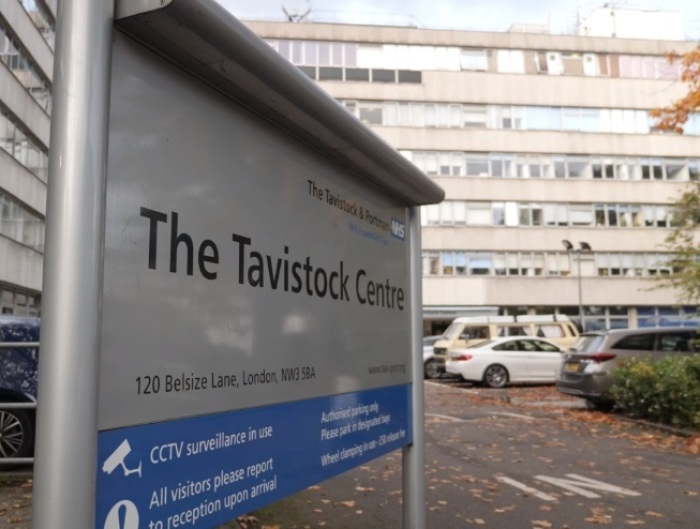Tavistock gender clinic rated as 'inadequate' by UK gov't health commission

The United Kingdom's National Health Service's Care Quality Commission has rated a much-scrutinized gender clinic as "inadequate," the lowest possible rating.
The CQC enforced action against Tavistock and Portman NHS foundation trust in November upon completion of an inspection and found that the facility had "overwhelming caseloads, deficient record-keeping and poor leadership," according to The Guardian.
Amid whistleblower advocacy and concerned former staff who have spoken out about how young patients were being rushed into medicalized gender-transitioning, the Tavistock clinic has faced heightened scrutiny in recent years, particularly as skyrocketing rates of minor girls have been referred to the service.
“Staff did not fully record the reasons for their clinical decisions in case notes. There were significant variations in the clinical approach of professionals in the team and it was not possible to clearly understand from the records why these decisions had been made," the CQC report said.
Government inspectors also found that clinic staff "did not always feel respected, supported and valued. Some said they felt unable to raise concerns without fear of retribution,” and that the service “was not consistently well-led.”
In its report, the commission further found that those using the Gender Identity Development Service in both its London and Leeds locations were subjected to long wait times.
Kevin Cleary, CQC’s deputy chief inspector of hospitals, said: “In addition vulnerable, young people were not having their needs met as they were waiting too long for treatment. The action we took was one way of ensuring the trust was tackling these issues in a way which allowed other healthcare partners to support if necessary.”
A Tavistock spokesperson issued an apology for the long wait times.
“Above all, we remain focused on providing a high quality service to children and young people in our care and supporting our staff who, despite the challenging context they have been working in, have been praised by the CQC for their understanding, compassion and kindness. Patient feedback was reported as overwhelmingly positive and we will involve both patient and staff as we build on these strengths,” the statement said.
The long wait times come as skyrocketing numbers of young people, particularly girls, have been referred to the service in recent years. In September 2018, the U.K. government launched an investigation into the clinic to examine why, in the course of less than a decade, referrals of youth increased by over 4000%. For those who were being seen by the clinic, Kirsty Entwistle, who had been a staff psychologist at GIDS-Leeds until October 2018, wrote in an open letter to the director of the Tavistock clinic, that the young people were being rushed into experimental gender treatments “without having explored or addressed their early adverse experiences.”
The CQC report emerged one day after the trust was given leave to appeal a court decision against the clinic last year.
The U.K. High Court of Justice ruled against Tavistock in a judicial review brought by Keira Bell, a 23-year-old woman who underwent medicalized gender-transition at the facility during her teen years. Bell said that she was making "brash" decisions at the time and was not capable of giving informed consent to the experimental practices.
The high court also held that under the Gillick test — the relevant legal standard in the U.K. by which minors are allowed to consent to medicine — under-16s are not mature enough to choose to take drugs to suppress puberty.
“It is highly unlikely that a child aged 13 or under would be competent to give consent to the administration of puberty blockers,” the judges agreed in the ruling. “It is doubtful that a child aged 14 or 15 could understand and weigh the long-term risks and consequences of the administration of puberty blockers.”
“Given the long-term consequences of the clinical interventions at issue in this case, and given that the treatment is as yet innovative and experimental, we recognize that clinicians may well regard these as cases where the authorization of the court should be sought prior to commencing the clinical treatment.”
The ruling also noted that the court asked the clinic for statistics on the number of youth referred to GIDS for puberty blockers who had been diagnosed with autism. However, the clinic did not provide the court with that data from its patient records.
Transgender activists have argued that chemical puberty blockers are a pause button that buy gender-confused children more time to decide.




























